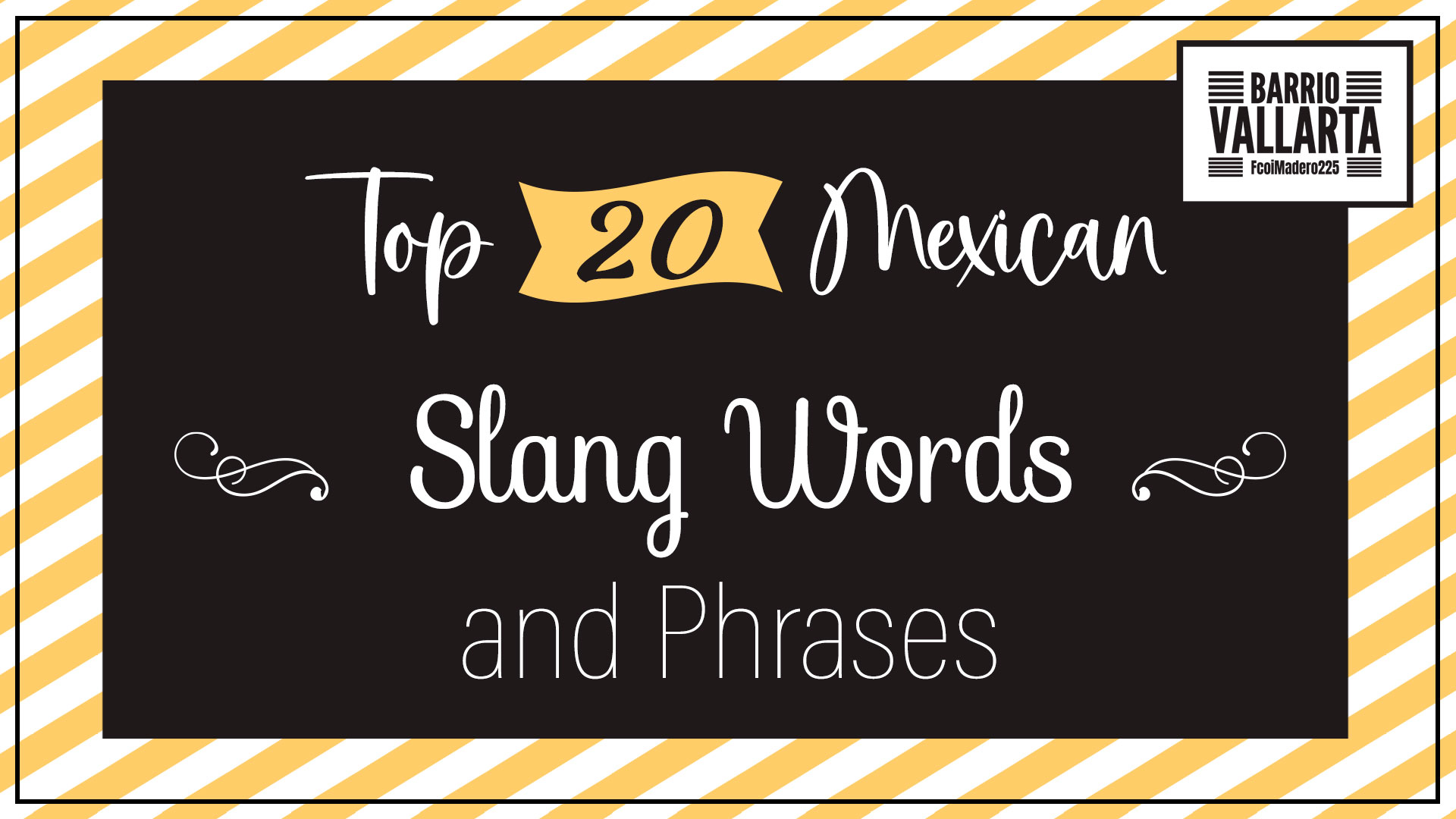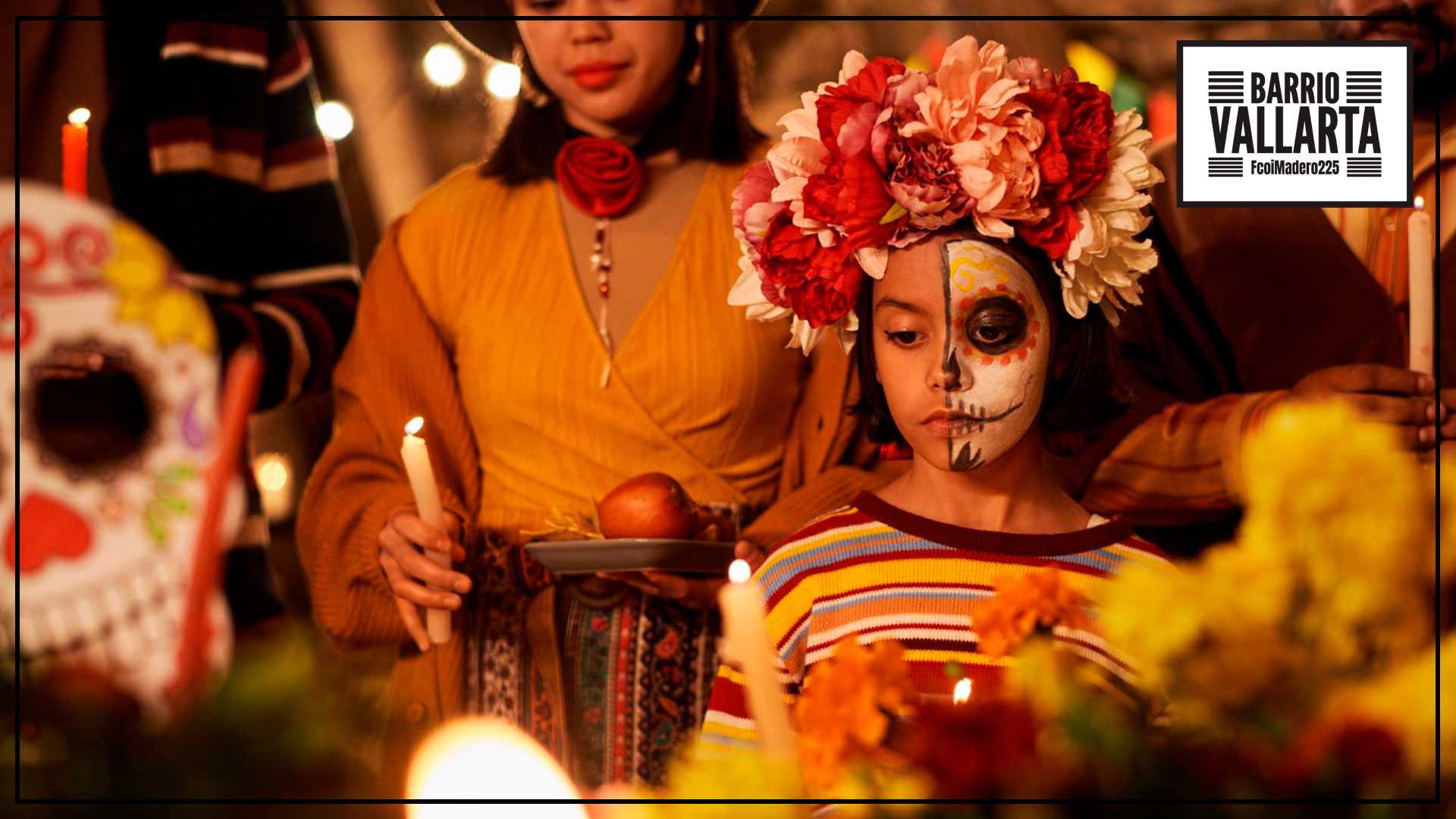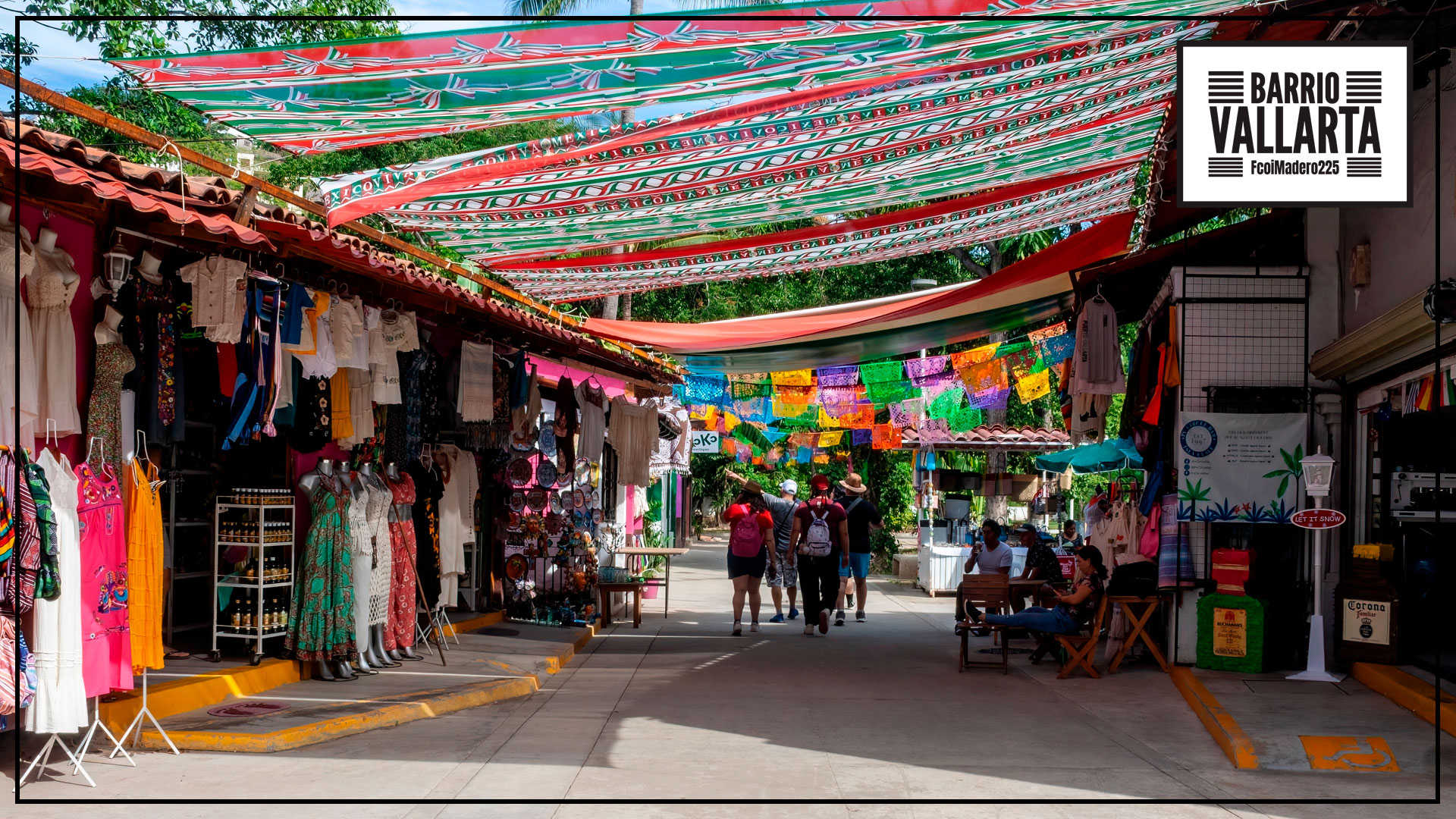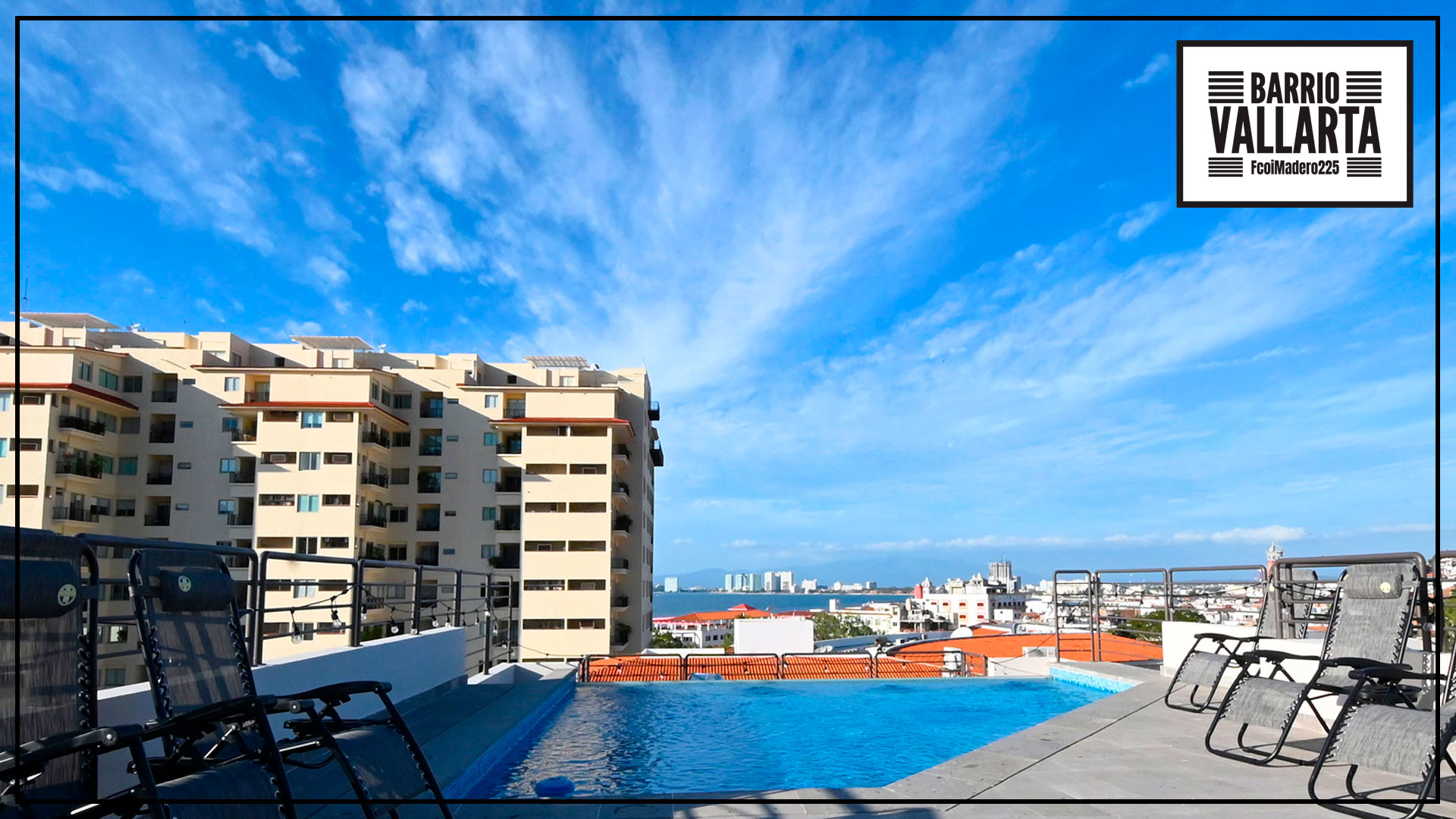08
January
TOP 20 MEXICAN SLANG WORDS AND PHRASES: HOW AND WHEN TO USE THEM
📢 TOP 20 MEXICAN SLANG WORDS AND PHRASES: HOW AND WHEN TO USE THEM
Mexican slang is colorful, expressive, and often hilarious. Whether you’re planning a trip to Mexico or just want to impress your Spanish-speaking friends, learning some Mexican slang will help you sound more like a local. Here’s a breakdown of the top 20 Mexican slang words and phrases, complete with explanations and tips on when to use them.
¡Qué padre! 🎉
This phrase means “How cool!” or “That’s awesome!” and is used to express excitement or approval.
• Example: “¿Viste el nuevo parque? ¡Qué padre!” (Did you see the new park? So cool!)
Chido 😎
Similar to ¡qué padre!, this word means “cool.” It’s a go-to expression when something is impressive or fun.
• Example: “Ese carro está muy chido.” (That car is really cool.)
Órale 😮
A versatile word that can mean “Wow!”, “Okay!”, or “Come on!” depending on the context. It’s often used to show enthusiasm or agreement.
• Example: “¿Vamos al cine? —¡Órale!” (Shall we go to the movies? —Okay!)
No manches 😱
This expression means “No way!” or “Are you kidding me?” It’s used when something is surprising or hard to believe.
• Example: “¡Ganaste la lotería! —No manches.” (You won the lottery! —No way.)
Güey (or wey) 🤙
A very common term that means “dude” or “bro.” It’s casual and can be used between friends but might come off as disrespectful in formal situations.
• Example: “Oye, güey, ¿vas a la fiesta?” (Hey dude, are you going to the party?)
Ahorita ⏳
This confusing little word means “right now,” but it can also imply “in a little while” or even “later,” depending on the tone and situation. Use it cautiously!
• Example: “Ahorita te llamo.” (I’ll call you in a minute… or maybe later.)
Chamba 💼
This slang word means “job” or “work.” It’s commonly used in casual conversations about employment.
• Example: “Tengo mucha chamba hoy.” (I have a lot of work today.)
Chela 🍺
This word is slang for “beer.” If you’re looking to grab a cold one, ask for a chela.
• Example: “Vamos por unas chelas.” (Let’s go for some beers.)
Fresa 👗
Used to describe someone who is preppy or posh, fresa is a playful term for someone who might be a bit snobby or spoiled.
• Example: “Ella es muy fresa.” (She’s really preppy.)
Chafa 💔
This word describes something of poor quality or something that’s just plain bad.
• Example: “Este teléfono es muy chafa.” (This phone is really low-quality.)
Neta 🔍
A way of saying “truth” or “really?”, neta can be used to ask for honesty or express sincerity.
• Example: “¿Neta? No te creo.” (Really? I don’t believe you.)
¡Aguas! ⚠️
This phrase literally means “waters,” but it’s used to warn someone about danger, similar to “Watch out!” in English.
• Example: “¡Aguas con el coche!” (Watch out for the car!)
Pedo 🍻
Pedo means “fart” but is also used in various expressions. For example, andar pedo means “to be drunk,” and ¿qué pedo? means “what’s up?”.
• Example: “Anoche andaba bien pedo.” (Last night, I was really drunk.)
Chale 😩
A versatile word that can express disappointment, surprise, or sympathy, similar to “Damn!” in English.
• Example: “¿Reprobaste el examen? ¡Chale!” (You failed the exam? Damn!)
Manda (un) mensaje 📱
This phrase means “send me a message,” commonly used in texting and informal conversations.
• Example: “Cuando llegues, manda un mensaje.” (When you arrive, send me a message.)
Me vale 🙄
This phrase means “I don’t care” or “Whatever.” Use it cautiously, as it can sound a bit dismissive.
• Example: “¿Qué piensas de la película? —Me vale.” (What do you think of the movie? —I don’t care.)
Buena onda ✌️
This means “good vibes” or “a nice person.” You can describe someone as buena onda if they’re cool or easygoing.
• Example: “Juan es muy buena onda.” (Juan is really nice.)
Caer gordo 🤢
If someone doesn’t sit well with you, you can say they me cae gordo, which means “I don’t like them.”
• Example: “Ese tipo me cae gordo.” (I don’t like that guy.)
Estar cañón 💪
This phrase means something is tough or difficult. It’s similar to saying “That’s rough” in English.
• Example: “Este trabajo está cañón.” (This job is really tough.)
Pasarse de lanza 🚫
This means to “go too far” or “cross the line,” especially when someone is being rude or inappropriate.
• Example: “Te pasaste de lanza con ese comentario.” (You went too far with that comment.)
Ready to Use These Slang Words? (•̀ᴗ•́)و ̑̑
Mexican slang is full of fun expressions that can help you connect with locals and show off your Spanish skills. Just remember to use them in the right context—some can be casual or even a little cheeky, so use them with friends rather than in formal situations. Now, next time you visit Mexico, you’ll be able to chat like a local. ¡Órale, güey!







